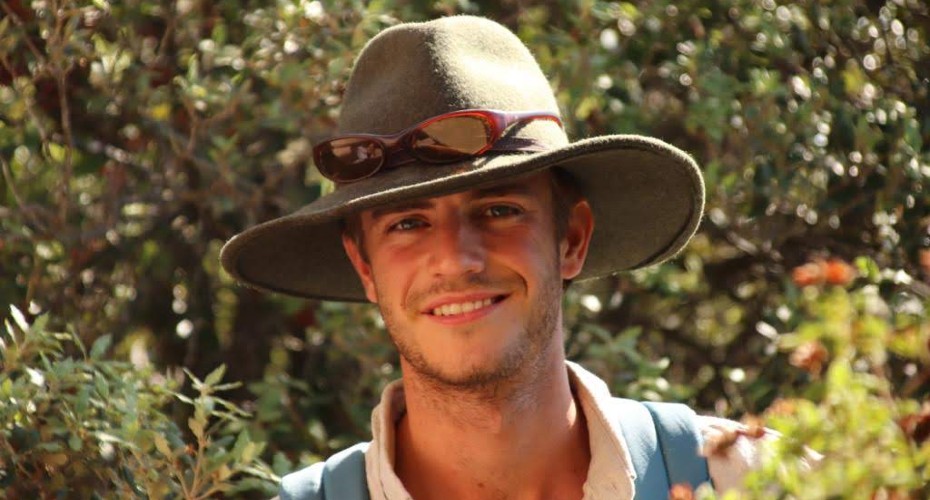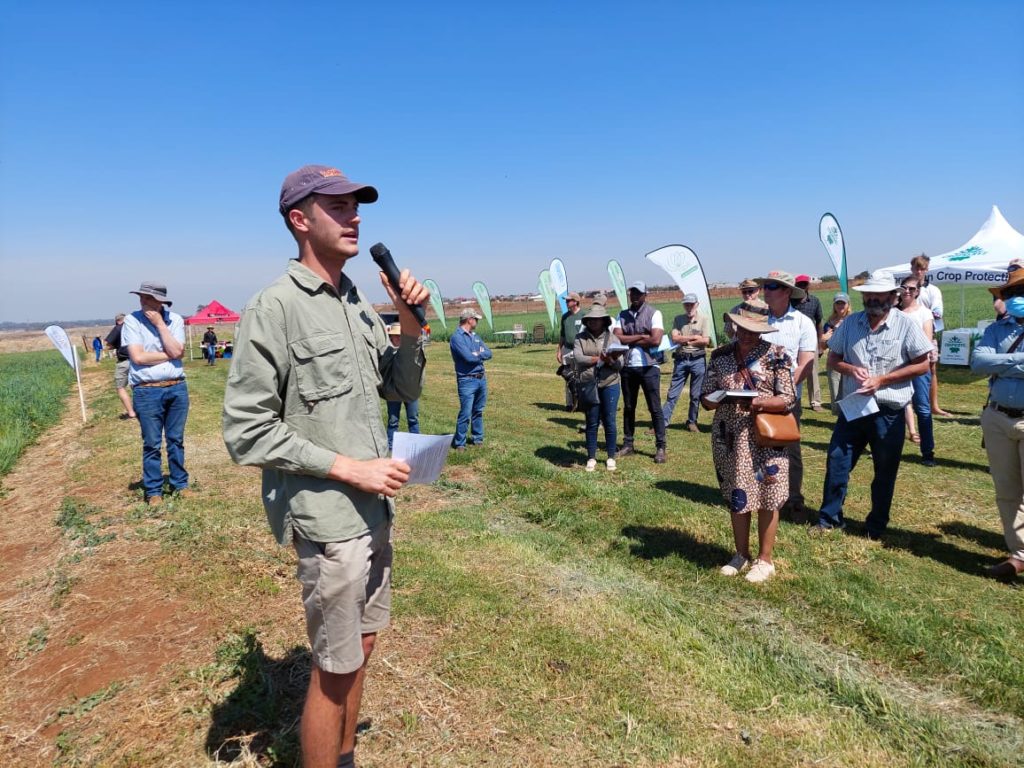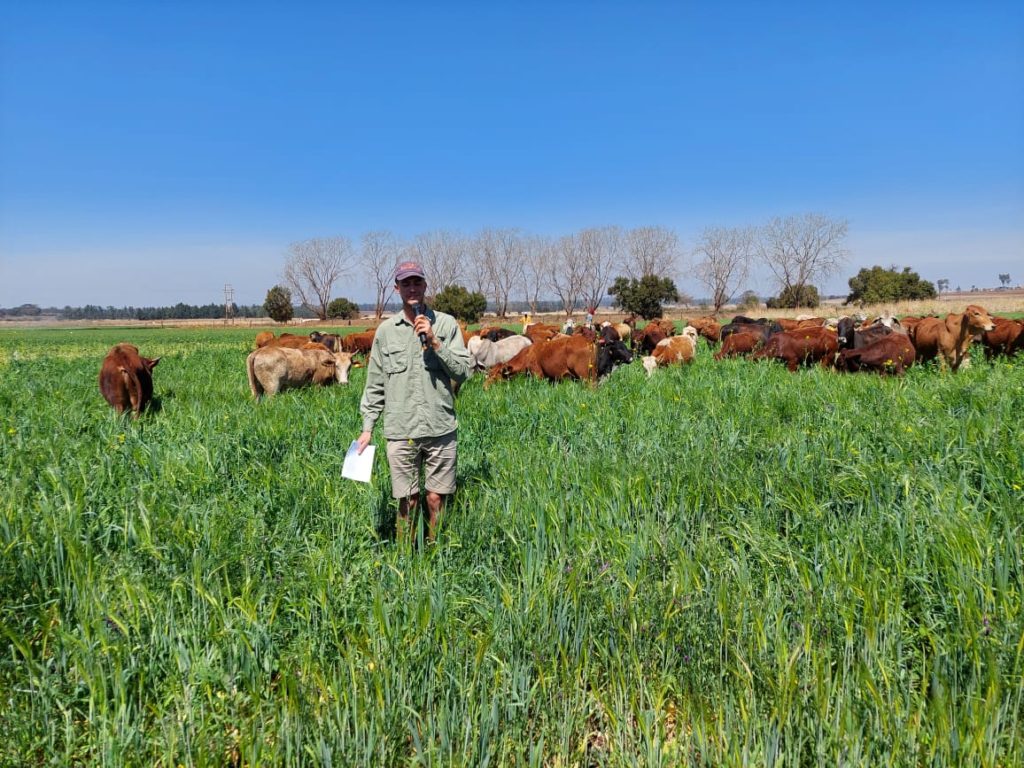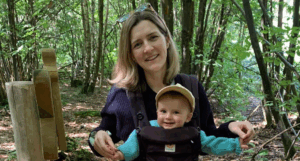£270,000 for African regenerative farming project set up by Exeter graduate

A recent graduate from the University of Exeter has secured more than £270,000 in funding from Oak Foundation for a regenerative agriculture project in the Mount Darwin district of Zimbabwe.
The project involves transforming part of Agriculture Research Trust’s (ART) farm into a centre of excellence for training and demonstrating the social and environmental outcomes of adopting regenerative agricultural practices. The other aspect of this exciting project entails working with smallholder farmers in the Mount Darwin district, by supporting them to implement agroecological practices on land recently cleared from mines by the Halo Trust.
Hugo Winkfield graduated in Biological Sciences from the University of Exeter in July 2023. In the third year of his programme, he took up a work placement opportunity in Zimbabwe, which ignited his passion for research to transform agricultural practices. He will lead the research component of an ART farm regenerative agriculture project. The research will contribute to building a body of evidence on the value of regenerative agriculture to influence national policy in Zimbabwe.
The funding runs for two years or more, and aims to transform agricultural practices towards becoming regenerative, putting back life into the degraded soils to produce healthy foods.
Hugo, 23, said he had no idea what to expect going into the placement in August 2021, but threw himself into learning. He said: “I knew nothing about farming before I started the placement – I hardly knew what a plough did. I really committed myself and I learned a huge amount about how to farm arable crops, from the top farmers and researchers in Zimbabwe. I learned that you must aim for as much as you possibly can, given even the smallest opportunity or responsibility and it usually pays off. Sometimes, feeling underqualified for what you are doing is normal, and likely means you are pushing yourself to achieve more than you thought you ever could.”
Hugo said studying Biosciences gave him the skills to make the most of the opportunity. “My degree gave me the skills to think in a rigorous scientific manner and apply the broad theory I had learned to the specific application of farming. My ecological understanding allowed me to design the cropping systems trials in a way which was beneficial for not just the local area, but on a global scale, too.”
Now, Hugo has adjusted to life in Zimbabwe. “It’s an amazing country. You do have to adjust to some things – the traffic lights don’t always work, there are power cuts, potholes and occasional food shortages. But the people here are so kind, friendly, jolly, and they savour the simple things in life. The country has beautiful landscapes and is teeming with wildlife, has a rich culture, and (unofficially) the best weather in the world.”


Hugo’s research is funded by Agricultural Partnership Trust (APT) which is in collaboration with Agriculture Research Trust (ART).
To find out more about studying Biosciences at Exeter, visit: Biosciences | Biosciences | University of Exeter



